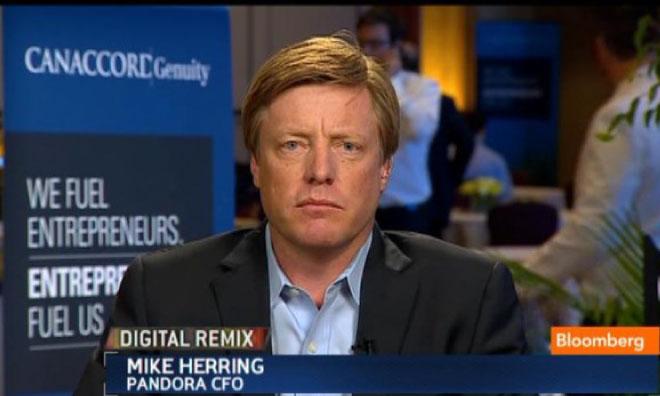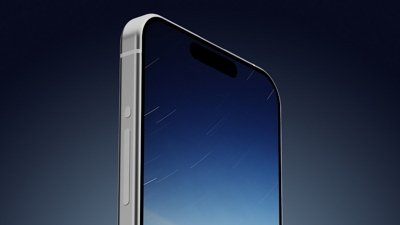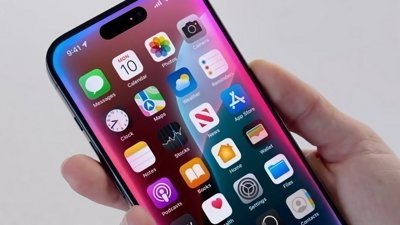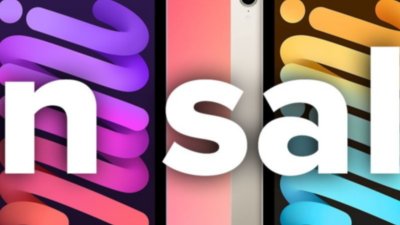In a Monday interview, Pandora finance chief Mike Herring talked about the impact Apple's recently-released iTunes Radio will have on rival internet radio services and iTunes's effect on the wider music industry.
Just over eight years after launch, streaming radio service Pandora boasts some 72 million monthly active users in the United States, Australia, and New Zealand. Apple's iTunes radio gained more than 15 percent of that total only 11 days after its September launch, a "credible threat" which Pandora takes "very seriously," the company's CFO told CNET.
Herring said that Pandora is accustomed to fending off competition from larger players — Â calling out Microsoft, Google, Apple, and Twitter — Â and feels the service is well-positioned in the market because the company "does [internet radio] better than anybody else."
"The most recent entrants have all been large, well-funded companies that have agendas outside a really awesome music experience," he said, holding up hardware or digital download sales as examples of competitors' divergent interests. "We sell downloads, but the priority isn't to sell as many downloads as possible. It's emblematic of the difference."
Apple's iTunes Radio is marketed by Cupertino as a tentpole feature of the new iOS 7 mobile operating system, while Google similarly features Google Play Music All Access in its Android advertising. Both offerings, however, can also be accessed on cross-platform desktop players.
While defending the royalty fees Pandora pays to artists — Â a common point of contention between the company and the music industry — Â Herring shifted some of the blame for music labels' unwillingness to negotiate to Apple, saying that iTunes's domination of music sales has made industry executives gun shy.
"First you had the piracy issues," Herring said, before iTunes "disintermediated the entire CD business, which was detrimental. There's difficulty for people who have experienced these negative things to listen to reason."
As noted by CNET, Apple pays higher royalties for songs on iTunes Radio than Pandora does on its service, since Apple has agreements in place directly with the labels while Pandora pays only statutorily-mandated rates, similar to performance royalties paid when a song is used in a commercial.
Herring also expressed Pandora's desire to expand internationally — Â Apple is said to be targeting more than 40 countries for iTunes Radio — Â but noted that "there is nothing short-term for an international opportunity."
"What we're trying to do in Australia and New Zealand is...to prove to the world that Pandora's entrance into the market with the right rates structures is incredibly positive for the music industry in that region," he said.
 Shane Cole
Shane Cole




-xl-m.jpg)


-m.jpg)






 William Gallagher
William Gallagher
 Amber Neely
Amber Neely
 Andrew Orr
Andrew Orr



 Christine McKee
Christine McKee
 Chip Loder
Chip Loder








45 Comments
iTunes is a credible threat? Uhm... yeah, it sure as hell is. After trying iTunes Radio for about 10 minutes when it first debuted, I dumped Pandora like a bad habit. I was prepared to subscribe to Pandora and pay their subscription, then waited to see what Apple was up to. Pandora's days are numbered if they don't step up and do something. Right now, iTunes Radio is just way too convenient.
It's refreshing to hear a CEO of a competing company actually say Apple is going to be a threat instead of the normal buffoons who say they won't succeed.
iTunes is a credible threat? Uhm... yeah, it sure as hell is. After trying iTunes Radio for about 10 minutes when it first debuted, I dumped Pandora like a bad habit. I was prepared to subscribe to Pandora and pay their subscription, then waited to see what Apple was up to.
Pandora's days are numbered if they don't step up and do something. Right now, iTunes Radio is just way too convenient.
Agreed! Now is the time for them to make some tweaks...but what really can they do? I'll be the first to say that iTunes Radio does have some quirks that I don't particularly care for, but that will only get better with time once more and more data has been collected from listening habits. Plus iterating is what Apple does.
But the convenience aspect far outweighs any current shortcomings that iTunes Radio poses.
I'll be the first to say that iTunes Radio does have some quirks that I don't particularly care for,
I'm still getting ads and I pay for iTunes Match. Curious as to why or if anyone else is getting the same? I don't use iTunes match on my phone, however.
These other services are screwed as they are trying to get to a point where they make a profit. Apple don't even have to, it's a loss leader for Apple hardware and to reinforce the eco system, although it will no doubt, ironically, make billions in a few years like everything else Apple does.